Planning for a new road for stagecoach travel westward from the Mississippi began in the winter of 1857. As soon as the snow melted in the spring of 1858, a group of property owners from nearby Lake City, Minnesota, began clearing and building a route that connected Lake City with Rochester. They hoped the road would spur development and economic growth in the interior section of the Minnesota Territory.
In addition to building the road, the group took a gamble by subsidizing a line of stagecoaches from one of the leading stagecoach operators at the time, the James Burbank Northwestern Express.
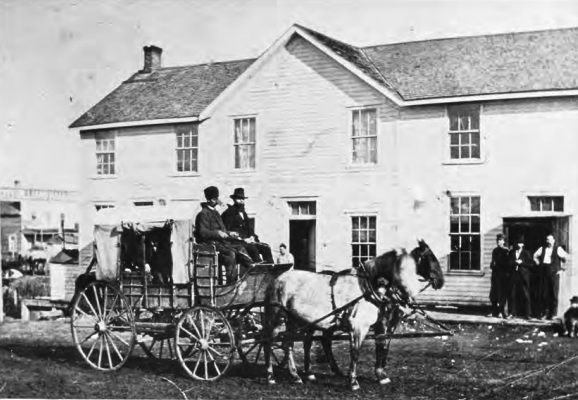
Their bet paid off. By the time Minnesota gained statehood in May 1858, there were daily runs between Lake City and Rochester, with stops in new settlements along the way. Without a doubt, the stage road contributed to the area’s development.
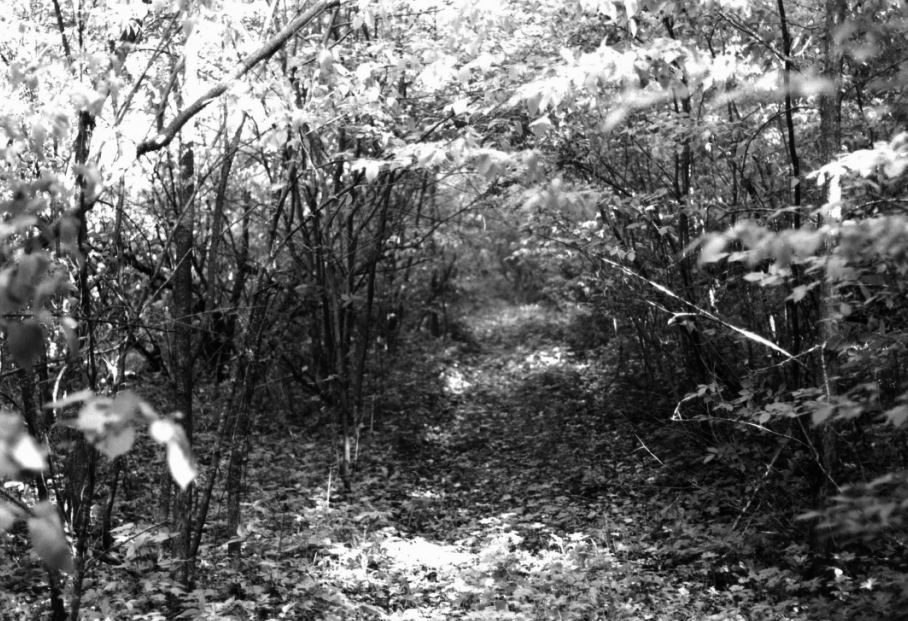
An unrealized benefit of the new road was travelers from the state’s interior seeking adventure and recreation along the Mississippi in towns like Frontenac and Lake City.
Traffic on the road dwindled after a new railroad line opened between Wabasha and Waseca in 1867. After decades of bumping along well-worn routes in a stagecoach, the train offered travelers a smoother and faster ride.
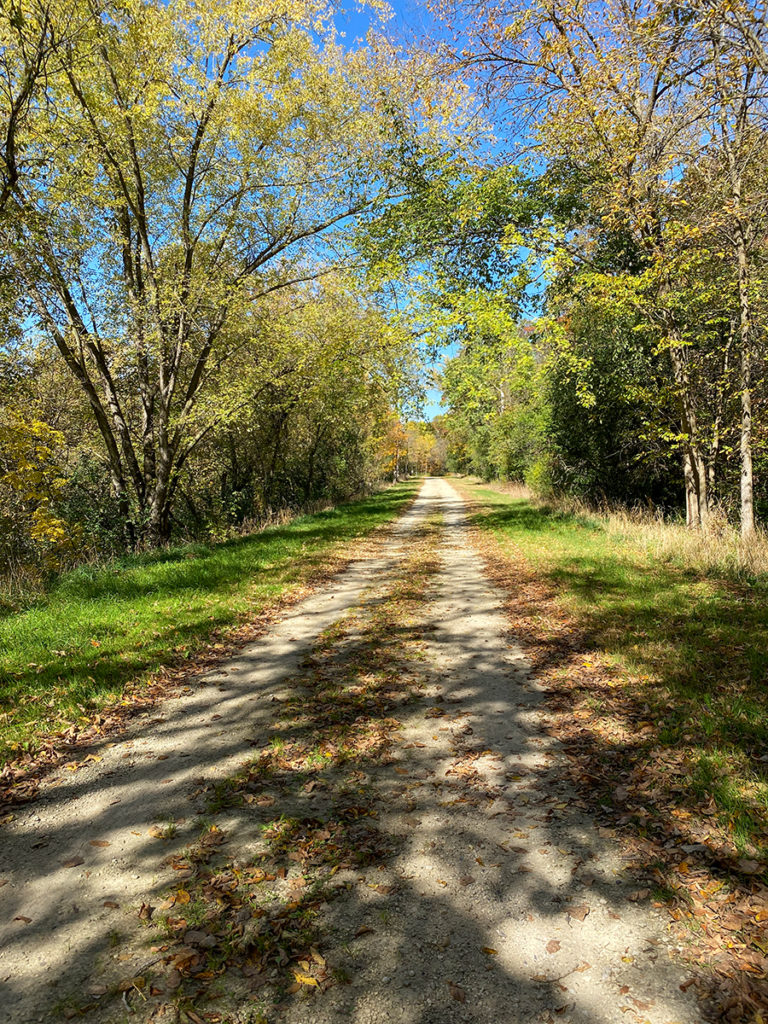
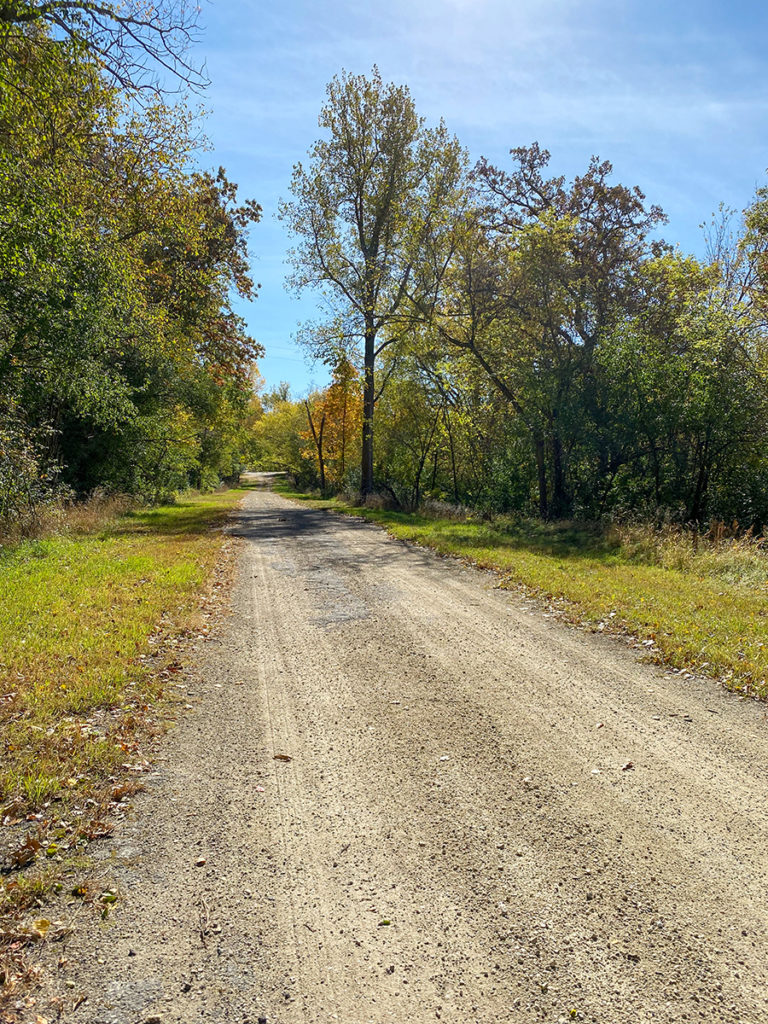
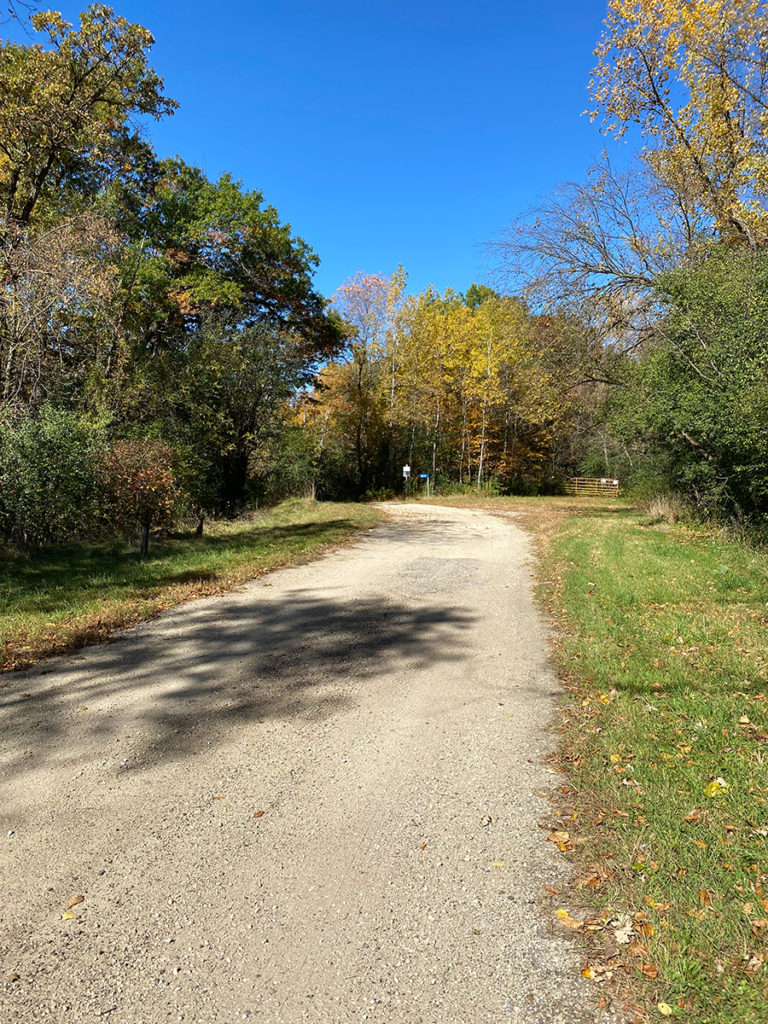
This section of the Lake City and Rochester Stage Road was abandoned entirely when the road was improved and straightened to become Highway 63. It was placed on the National Register of Historic Places in 1991 because of its significance in developing the state’s southeastern region and as a small piece of a bygone era when stagecoach travel opened new possibilities for folks moving westward.
